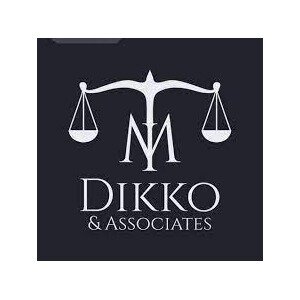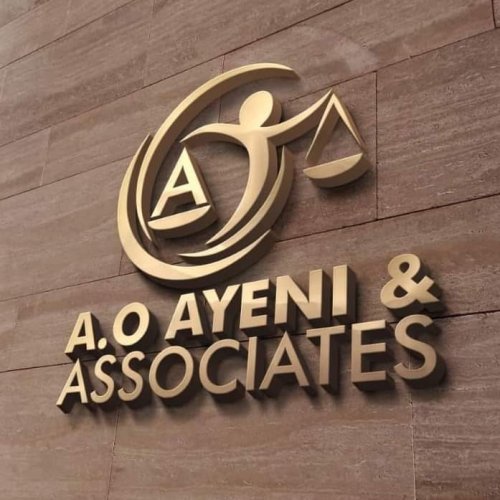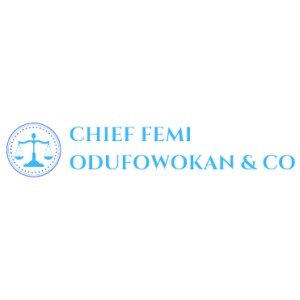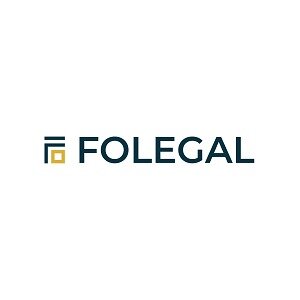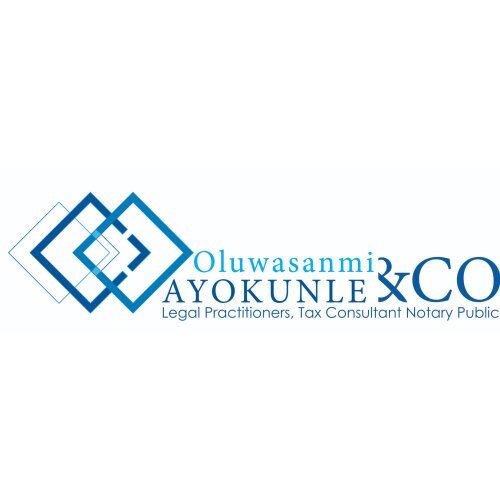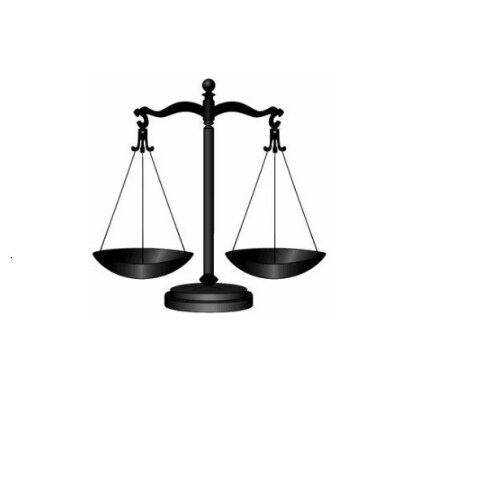Best Education Law Lawyers in Nigeria
Share your needs with us, get contacted by law firms.
Free. Takes 2 min.
Or refine your search by selecting a city:
List of the best lawyers in Nigeria
About Education Law in Nigeria
Education Law in Nigeria encompasses the legal framework that governs educational institutions, policies, rights, and obligations within the country. It is a critical area of law that addresses the governance of schools, the rights of students, teachers, and parents, as well as the implementation of educational policies under the Nigerian Constitution and relevant statutory provisions. Key legislations include the Nigerian Constitution, the National Policy on Education, and various federal and state laws that guide educational standards, school administration, and quality assurance.
Why You May Need a Lawyer
Several situations may necessitate seeking legal advice in Education Law. Common scenarios include disputes over school fees, students' rights violations, employment issues within educational institutions, compliance with educational standards, addressing bullying or harassment, and matters related to school governance. Legal professionals specializing in Education Law can provide guidance, representation, and resolution strategies in these complex issues.
Local Laws Overview
Education Law in Nigeria is primarily driven by the Constitution, which guarantees the right to education. The National Policy on Education serves as a guiding document for the implementation and management of the education system at all levels. State laws may vary, offering specific regulations on issues like curriculum standards, teacher qualifications, and school inspections. Additionally, the Universal Basic Education Act operationalizes free and compulsory education for children of certain age groups, illustrating the government's commitment to enhancing educational access and quality.
Frequently Asked Questions
What are the key rights of students under Nigerian Education Law?
Students in Nigeria are entitled to the right to education without discrimination, protection from maltreatment, access to a conducive learning environment, and participation in schools' decision-making processes.
Can parents legally challenge school fees increases?
Yes, parents can challenge unjustified increases in school fees through legal channels if they believe the increments breach contractual agreements or are non-compliant with regulation standards.
What legal protections are in place for teachers?
Teachers in Nigeria are protected by labor laws, which stipulate conditions for employment, rights to fair remuneration, and safe working environments. Educational institutions must comply with these laws accordingly.
How can issues of bullying be addressed legally?
Legal actions can be taken to protect students against bullying or harassment through policies enforced by educational institutions and, in severe cases, through criminal proceedings against perpetrators.
Are private schools subject to the same laws as public schools?
Private schools must comply with general education laws similar to public schools and additional specific regulations, including registration requirements and adherence to approved curricula.
What steps can be taken if a student's rights are violated?
Affected parties can file complaints with the school's administration or educational authorities, and if unresolved, seek legal recourse through the courts or alternative dispute resolution mechanisms.
What is the role of the Ministry of Education in law reform?
The Ministry of Education plays a pivotal role in law reform by proposing changes to educational policies, ensuring the alignment of laws with international standards, and enforcing compliance at state and federal levels.
Can schools independently set educational standards?
No, schools must adhere to the standards set by national and state educational bodies, although they may implement supplementary programs that comply with overall guidelines.
What legal recourse exists for non-compliance with educational laws?
Legal recourse includes administrative hearings, disciplinary actions, and court proceedings to enforce compliance and address violations of educational laws and policies.
Who oversees the implementation of the Universal Basic Education Act?
The Universal Basic Education Commission (UBEC) oversees the implementation of the Act, ensuring that education is accessible, free, and compulsory at the basic level across Nigeria.
Additional Resources
For further information and assistance, individuals can reach out to the Federal Ministry of Education, the Nigerian Bar Association, NGOs such as the Education Rights Campaign, or consult with the Universal Basic Education Commission (UBEC) for guidance on educational policies and legal matters.
Next Steps
If you require legal assistance in Education Law, consider consulting with a lawyer specializing in this field. Start by gathering documentation related to your legal issue, then contact legal organizations such as the Nigerian Bar Association for referrals to qualified legal professionals. Additionally, consider reaching out to any relevant educational regulatory bodies for guidance on specific concerns regarding educational policies and compliance.
Lawzana helps you find the best lawyers and law firms in Nigeria through a curated and pre-screened list of qualified legal professionals. Our platform offers rankings and detailed profiles of attorneys and law firms, allowing you to compare based on practice areas, including Education Law, experience, and client feedback.
Each profile includes a description of the firm's areas of practice, client reviews, team members and partners, year of establishment, spoken languages, office locations, contact information, social media presence, and any published articles or resources. Most firms on our platform speak English and are experienced in both local and international legal matters.
Get a quote from top-rated law firms in Nigeria — quickly, securely, and without unnecessary hassle.
Disclaimer:
The information provided on this page is for general informational purposes only and does not constitute legal advice. While we strive to ensure the accuracy and relevance of the content, legal information may change over time, and interpretations of the law can vary. You should always consult with a qualified legal professional for advice specific to your situation.
We disclaim all liability for actions taken or not taken based on the content of this page. If you believe any information is incorrect or outdated, please contact us, and we will review and update it where appropriate.
Browse education law law firms by city in Nigeria
Refine your search by selecting a city.



